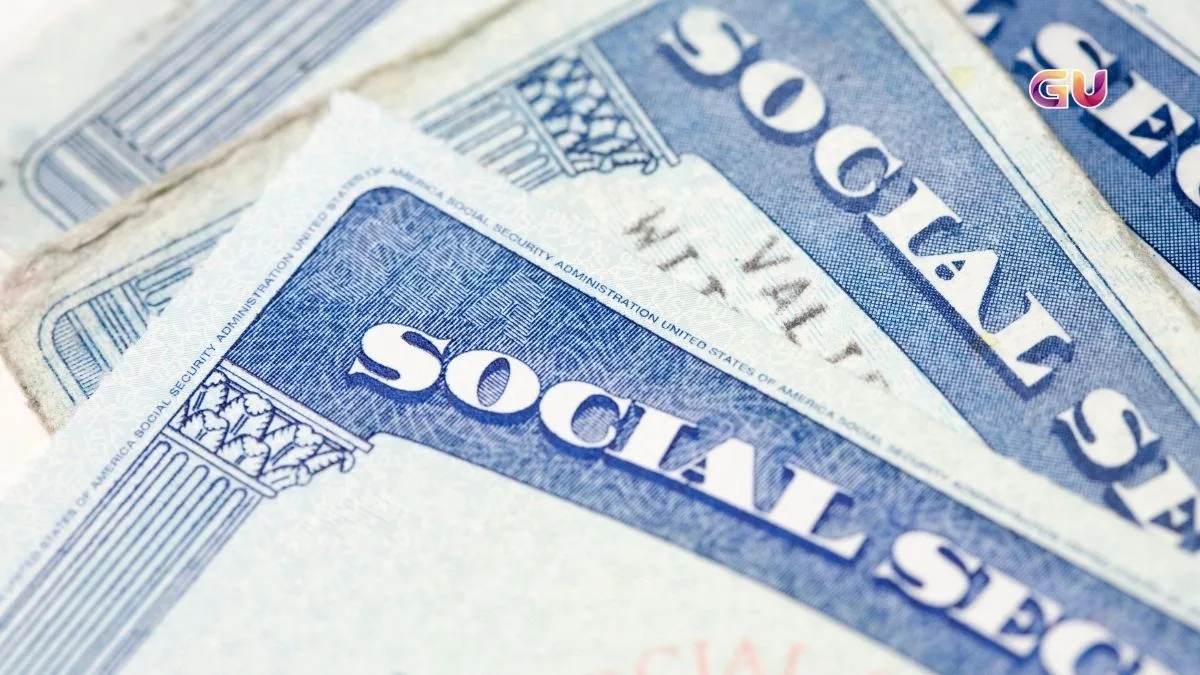May 27, 2025 — Washington, D.C. | On Memorial Day 2025, Marine Corps veteran and Social Security expert Ed Weir hosted a special live Q&A to answer key questions facing U.S. veterans today. His heartfelt session covered everything from retirement filing and SSDI rules to Medicare pitfalls and surviving spouse benefits, with a powerful reminder to honor those who gave their lives in service.
This article offers a comprehensive breakdown of the key takeaways for veterans and their families.
Do Military Veterans Get Extra Social Security?
Yes—but the extra amount is modest and depends on the years of service:
- 1940–1956: An additional $160 per month added to past earnings.
- 1957–1977: $300 per quarter added to earnings (approx. $100/month).
- 1978–2001: Similar credits continue, but automatically added if SSA verifies military service.
- After 2001: No special military wage credits—automatic reporting applies.
Read More: $4,000 Social Security Bonus?
Read More: Social Security Letters Are Arriving: Why You Could Owe Money and What to Do About It
Read More: Social Security Checks June 2025: Here’s When Your Payment Will Arrive
Important: If you served in the military and apply online or over the phone, you must report your service dates. If unsure, call the SSA and ask if your DD214 is on file.
Can You Receive Both VA Disability and Social Security Disability?
Yes. You can receive VA disability and SSDI simultaneously—but they are completely separate programs.
- VA Disability: Based on service connection; allows you to work.
- SSDI (Social Security Disability Insurance): Based on inability to engage in “substantial gainful activity.”
Receiving VA benefits does not guarantee SSDI approval. However, veterans with a 100% permanent and total VA rating or those in the Wounded Warrior program may qualify for expedited processing.
Medicare vs VA Health Care: Should Veterans Pay for Part B?
Many veterans rely solely on VA healthcare, but skipping Medicare Part B can lead to lifetime penalties:
- Part B costs $185/month in 2025 (income-based adjustments apply).
- If you delay enrollment and lose VA access later, you may:
- Wait until the General Enrollment Period (Jan–Mar).
- Pay a 10% penalty for each 12-month delay.
Read More: $4,000 Social Security Bonus?
Read More: Social Security Letters Are Arriving: Why You Could Owe Money and What to Do About It
Read More: Social Security Checks June 2025: Here’s When Your Payment Will Arrive
Tip: Consider a Medicare Advantage “Give-Back” Plan
Some plans (like Honor or Patriot plans) reduce or pay back part of your Part B premium and allow dual coverage with the VA. Not all include drug coverage—but you can still use the VA pharmacy, which offers excellent low-cost medications.
What If You Have TRICARE for Life?
If you retired from the military, you likely qualify for TRICARE for Life, which acts as your Medicare supplement:
- Must enroll in Medicare Part A and B at age 65.
- No need for a separate Medicare supplement or Advantage plan.
- Just present your TRICARE card + Medicare card at appointments.
Veterans often ask if Advantage plans offer extra benefits. Dr. Ed advises: TRICARE + Original Medicare is sufficient for most.
Survivor & Family Benefits: What Veterans’ Families Should Know
Spouses, widows, and dependent children may be eligible for benefits based on the veteran’s earnings and service history.
- Widows aged 60+ can receive reduced survivor benefits (71.5% of PIA).
- Disabled widows may apply as early as age 50.
- Grandchildren: Only qualify if adopted by the veteran or if both parents are deceased or disabled.
You must apply separately for these benefits through SSA.
Can Working While Receiving Social Security Reduce Benefits?
It depends on your age:
- If you start benefits before full retirement age (FRA) and earn over the limit ($23,400 in 2025), SSA may withhold $1 for every $2 over the cap.
- Once you reach FRA, you can earn unlimited income without reducing your Social Security.
Even if SSA withholds early checks, you can recover lost value once you reach FRA—your benefit will be recalculated
As Dr. Ed put it:
“May we bow our heads in remembrance and give thanks to those who gave their last blood and treasure to keep us safe at home.”
If you or a loved one is a veteran and unsure about your eligibility for disability, retirement, or Medicare benefits, now is the time to review your status and file for what you earned.
